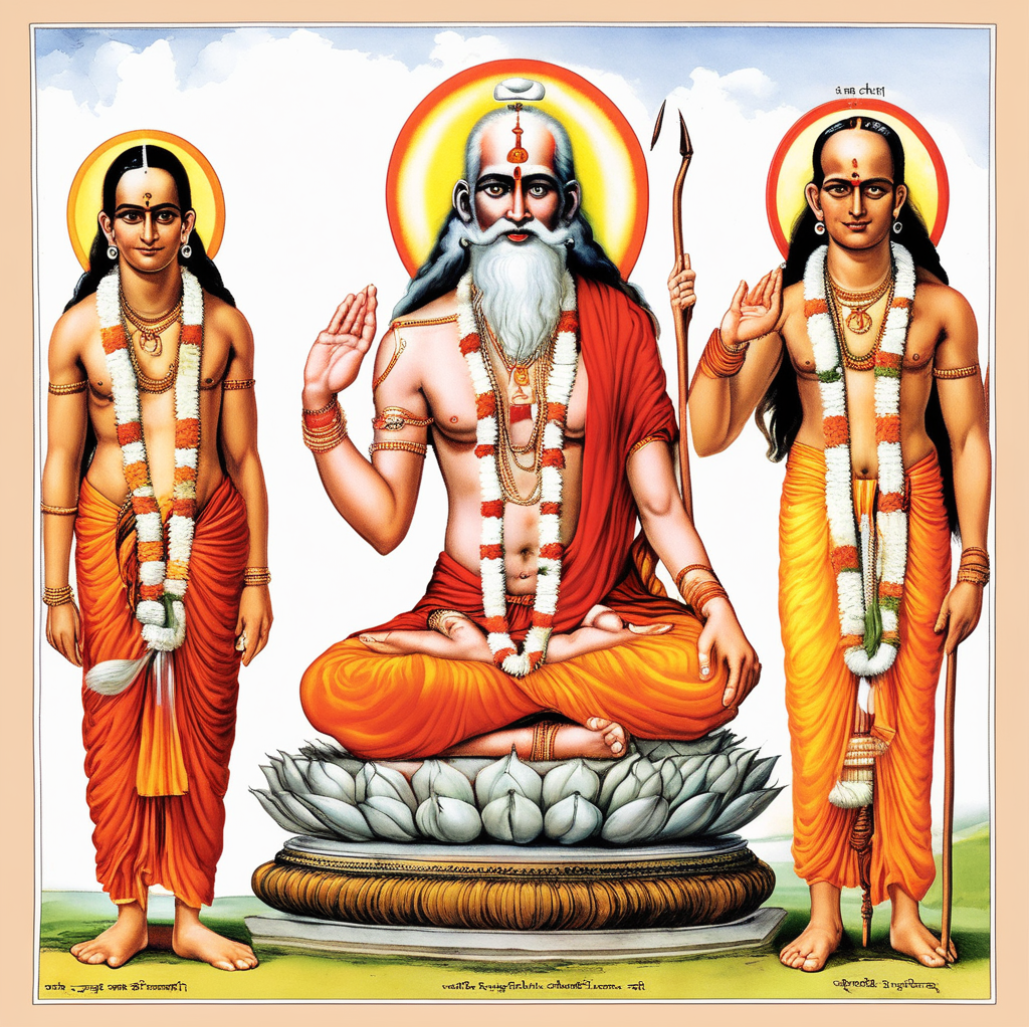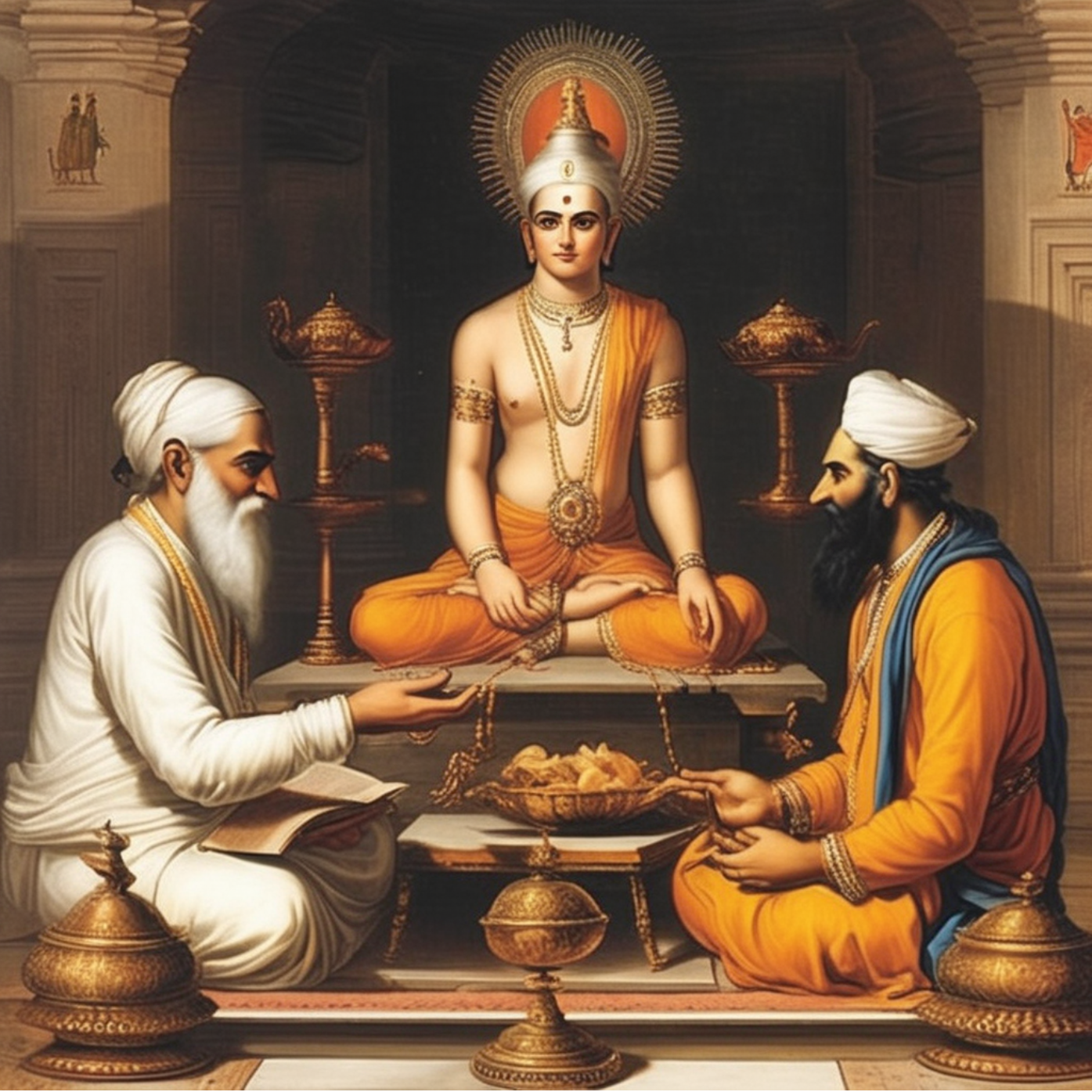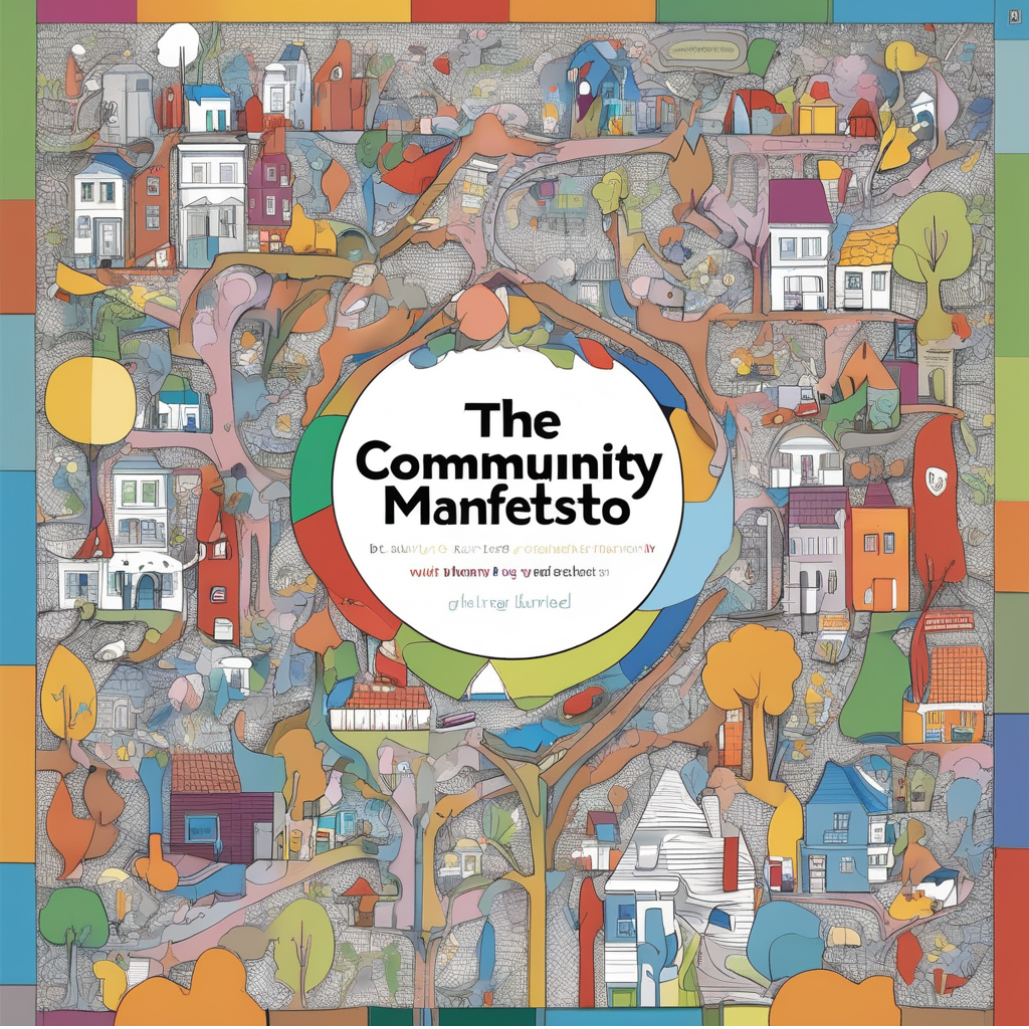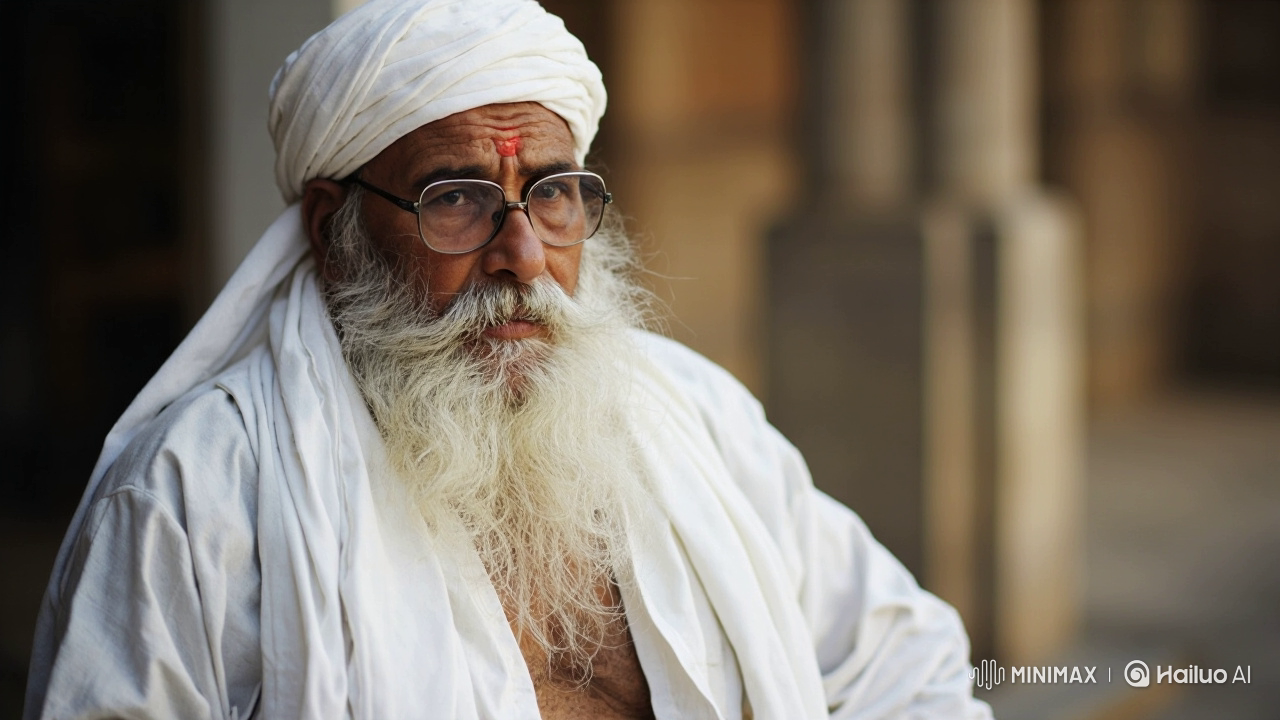Consciousness is perhaps the most intimate yet mysterious aspect of our existence. We experience it every waking moment, yet defining it proves maddeningly elusive. The question “what is consciousness?” opens doorways into psychology, philosophy, spirituality, and even quantum physics.
The Layers of Mind
In psychology, we can understand consciousness through three distinct levels, each representing a different relationship to knowledge and awareness.
The conscious mind contains what you actively know and can access right now—the thoughts, feelings, and information occupying your immediate attention as you read these words. This is your direct, available knowledge.
The subconscious mind holds information you know exists but don’t have complete details about. You’re aware there’s something there—perhaps a half-remembered name, a skill you once learned, or knowledge you sense you possess but can’t quite access in the moment. You know that you know, but the full information remains just out of reach.
The unconscious mind contains what you have no awareness of whatsoever. This isn’t simply forgotten information, but knowledge, experiences, or realities that exist entirely outside your sphere of awareness. Consider this example: imagine there’s a rare fruit growing in a distant forest that you’ve never encountered, never heard described, never seen pictured. You cannot dream of this fruit, cannot imagine its taste, cannot even conceive of its existence until you have direct interaction with it—tasting it, researching it, asking others about it. Only through this process of discovery does it move from the unconscious (complete unawareness) through the subconscious (knowing something exists) to the conscious (full knowledge and understanding).
This progression illustrates how consciousness operates as a dynamic system, with knowledge and awareness flowing between levels based on our experiences and interactions with reality.
Consciousness as Fundamental Reality
When we venture into metaphysics, consciousness transforms from a product of the brain into something far more profound—perhaps the fundamental fabric of reality itself. This philosophical position, known as idealism, suggests that consciousness doesn’t emerge from matter. Rather, consciousness comes first, and what we call physical reality is actually consciousness manifesting in denser, more structured forms.
This isn’t mere speculation. Ancient wisdom traditions across the world have pointed to this same truth using different names and languages.
The Divine Ground of Being
In Hinduism, Brahman represents pure consciousness itself—not consciousness “of” something, but consciousness as the ultimate ground of all being. It is the infinite, undifferentiated awareness from which all existence flows and to which all returns.
In Neoplatonic philosophy and various mystical traditions, the Monad serves a similar function. Derived from the Greek word “monas” meaning “unit” or “one,” the traditional concept of the Monad represents the transcendent, ineffable unity that precedes all distinctions. It is the absolute source, the divine One from which the many arise.
Whether we call it Brahman, the Monad, or pure consciousness, these traditions converge on the same profound insight: there exists a primordial awareness that is both the substance and creator of all experience.
The Mirror and the Flame: Understanding Individual Reality
Perhaps the most beautiful way to understand individual consciousness is through the metaphor of a candle flame surrounded by circular mirrors. Picture a single flame—brilliant, eternal, and whole. Now imagine this flame encircled by countless mirrors, each reflecting that same light back in slightly different ways.
The original flame is universal consciousness—Brahman, the Monad, the source of all awareness. We, as individual beings, are the mirrors. Each of us reflects that one primordial flame, creating what appears to be separate, individual realities. But the light we experience, the consciousness we possess, is not truly ours—it is the reflection of that original, eternal flame.
This is why individual consciousness feels both uniquely personal and mysteriously connected to something greater. We are not separate flames; we are reflections of the one flame, each mirror offering a different angle, a different perspective on the same infinite light. The subconscious, in this analogy, is our dim awareness of that original flame—we sense its presence but cannot directly perceive it through the limitations of our mirror-like individual existence.
The Paradox of Self-Knowledge
This raises a fascinating question: can consciousness ever truly know itself?
Here we encounter a fundamental paradox. To know consciousness, we would need to step outside of it and observe it objectively. But consciousness is what makes knowing possible in the first place. We cannot escape the very thing we’re trying to understand because we are it.
Plato’s allegory of the cave offers a powerful metaphor. Prisoners mistake shadows on the wall for reality until one breaks free, discovers the fire casting those shadows, and eventually beholds the sun itself—representing ultimate truth or divine reality. But in the realm of consciousness, we might be simultaneously both the prisoner seeking truth and the light we’re seeking to know.
Many mystics and sages throughout history have claimed direct experience of this ultimate consciousness through meditation, prayer, or spontaneous awakening. Yet we face an insurmountable verification problem: there’s no objective test for subjective experience. We cannot prove whether someone has truly touched the divine or merely convinced themselves they have.
Expanding Awareness: From Individual to Universal
Perhaps the most intriguing aspect of consciousness is its potential for expansion. We can understand this through a practical progression that moves from the personal to the cosmic.
In ordinary consciousness, you know what’s in your own mind—your thoughts, feelings, and mental contents are accessible to you. But imagine if you could read what’s in someone else’s mind. Suddenly, your consciousness has expanded beyond the boundaries of your individual self. You now know what others don’t know, accessing information that exists outside your personal experience.
Taking this expansion further: if you could read everyone’s mind—knowing what all people want, think, and feel simultaneously—what would you be? This is where we encounter the realm of siddhis in Hindu tradition, supernatural abilities that arise from expanded consciousness, including telepathy and omniscient awareness.
This raises one of the most profound questions in spirituality and philosophy: If you can read everyone’s mind, are you a superconscious being, or are you God? What exactly are you?
The answer may depend on how we understand the nature of consciousness itself. Are you becoming something greater through this expansion, or are you simply recognizing what you always were? Perhaps individual consciousness was always an illusion, and there is only one universal consciousness appearing as many separate minds. In this view, the ability to read all minds wouldn’t make you God—it would reveal that you never stopped being the one consciousness that experiences itself through all beings.
Returning to our mirror metaphor: perhaps the siddhis represent moments when a mirror becomes so clear, so perfectly polished, that it no longer merely reflects the flame but recognizes itself as inseparable from it. The mirror doesn’t become the flame—it realizes it was never anything but a temporary modification of the flame’s light.
This question cuts to the heart of spiritual inquiry: Is enlightenment about becoming divine, or about recognizing the divine nature that was never absent?
Living the Question
Ultimately, consciousness may be less something to be solved intellectually and more something to be lived experientially. The question “what is consciousness?” becomes not a puzzle demanding an answer but an invitation to deeper inquiry into the nature of our own being.
We are consciousness asking itself what it is—an ouroboros of awareness folding back upon itself in an eternal dance of knowing and unknowing. Whether we’re exploring the practical levels of mind, contemplating the metaphysical ground of being, pondering the implications of expanded awareness, or reflecting on the relationship between the mirror and the flame, we’re always circling back to the same fundamental mystery.
And perhaps that recursive mystery is not a bug in the system but the very feature that makes existence meaningful, beautiful, and endlessly fascinating. The question remains open, as it should. For in that openness lies the space for wonder, exploration, and the possibility of touching something that transcends all our definitions—the living reality of consciousness itself.














Write a comment ...